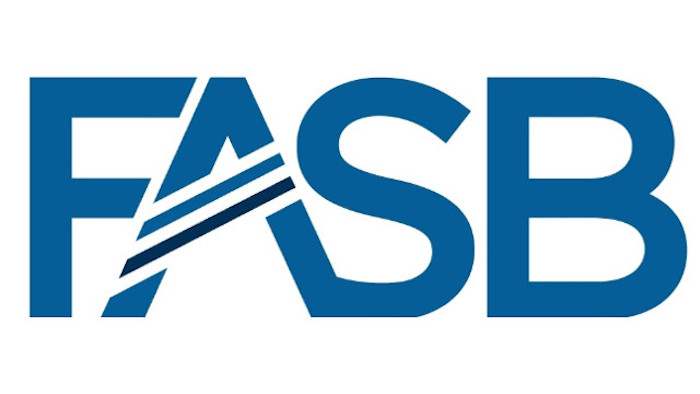The world of accounting standards and the compliance landscape is in a continuing state of evolution and change. While some changes are more significant, some take years to implement, and some change the way your business works, others deal with specific and easy changes to an accounting practice.
As you know, standards like Revenue Recognition and Leases represent the former. An incredible change in the way businesses operate, FASB delayed the implementation of these standards (as they pertain to private companies) for another year.
Announced early in June 2020, the the FASB released ASU 2020-05, Revenue from Contracts with Customers (Topic 606) and Leases (Topic 842): Effective Dates for Certain Entities.
Reasons for the Delays
If you had been paying attention to the steps other companies had been taking to change their business practices as a result of ASC 606 and ASC 842, you probably saw the challenges they faced trying to adjust their practices to reflect the changes.
ASC 606 (Revenue Recognition)
Especially with ASC 606, considered one of the most significant changes in the accounting world since Sarbanes-Oxley, the modifications that needed to be made to every contract were hard enough when a company was at full staff. In response to the lockdowns and economic slowdown that came as a result of the COVID-19 lockdowns, the FASB opted to give private companies a bit more time to make adjustments.
With 2020 expected to be the first year that many private companies were to prepare their financial statements under the new standard, many stakeholders in the franchise industry raised concerns about the issues. As to not single out one company, the FASB announced:
“The Board received feedback through comment letters that many private companies and NFP entities are experiencing challenges with finalizing their transition to Revenue under a compressed timeline because of the unique challenges resulting from the COVID-19 pandemic. Therefore, the Board extended the deferral to certain entities that have not yet issued their financial statements (or made financial statements available for issuance) reflecting the adoption of Revenue, rather than limiting the deferral to franchisors.”
ASC 842 (Leases)
Another of the big changes, the lease accounting standard represented a significant change that was supposed to be effective for private companies this year. Already hoping for much faster uptake than the revenue recognition rules, companies found the significant changes a bit easier with just a few details to be ironed out at a roundtable this year. Unfortunately, the COVID-19 outbreak resulted in the postponement of the roundtable. From the update:
“The Board had previously scheduled a roundtable discussion to address implementation by public companies to assist private companies in their efforts and to determine whether additional practical expedients or other amendments are warranted as private companies prepare for final implementation.
This roundtable has been postponed because of the COVID-19 pandemic, and the Board anticipates that the earliest it could be held would be later this year.
[…] The Board decided that the deferral for those limited entities was needed at this time because of the rapidly approaching year-end or financial statement issuance dates for public NFP entities and because the effective date for entities in the “all other” category is imminent.
How Long Until These Take Effect?
All effective dates for “nonpublic entities that have not yet issued their financial statements” have been moved back one year.
Stay Up with the Latest Controllers Council
As the accounting world continues to evolve, it pays to keep up with the evolution of standards as well as of your role. Are you ready for the implementation of new accounting standards as they pertain to cloud computing, accounting for income taxes, and goodwill impairment in 2021? These are just some of the compliance standards we’ll explore in upcoming articles. Stay tuned and follow Controllers Council for all the latest.
Additional Resources
Controllers Guide to the SECURE Act
Should Controllers Anticipate More Tax Reform in 2020?
New Bill Seeks to Increase PPP Flexibility at Small Businesses




